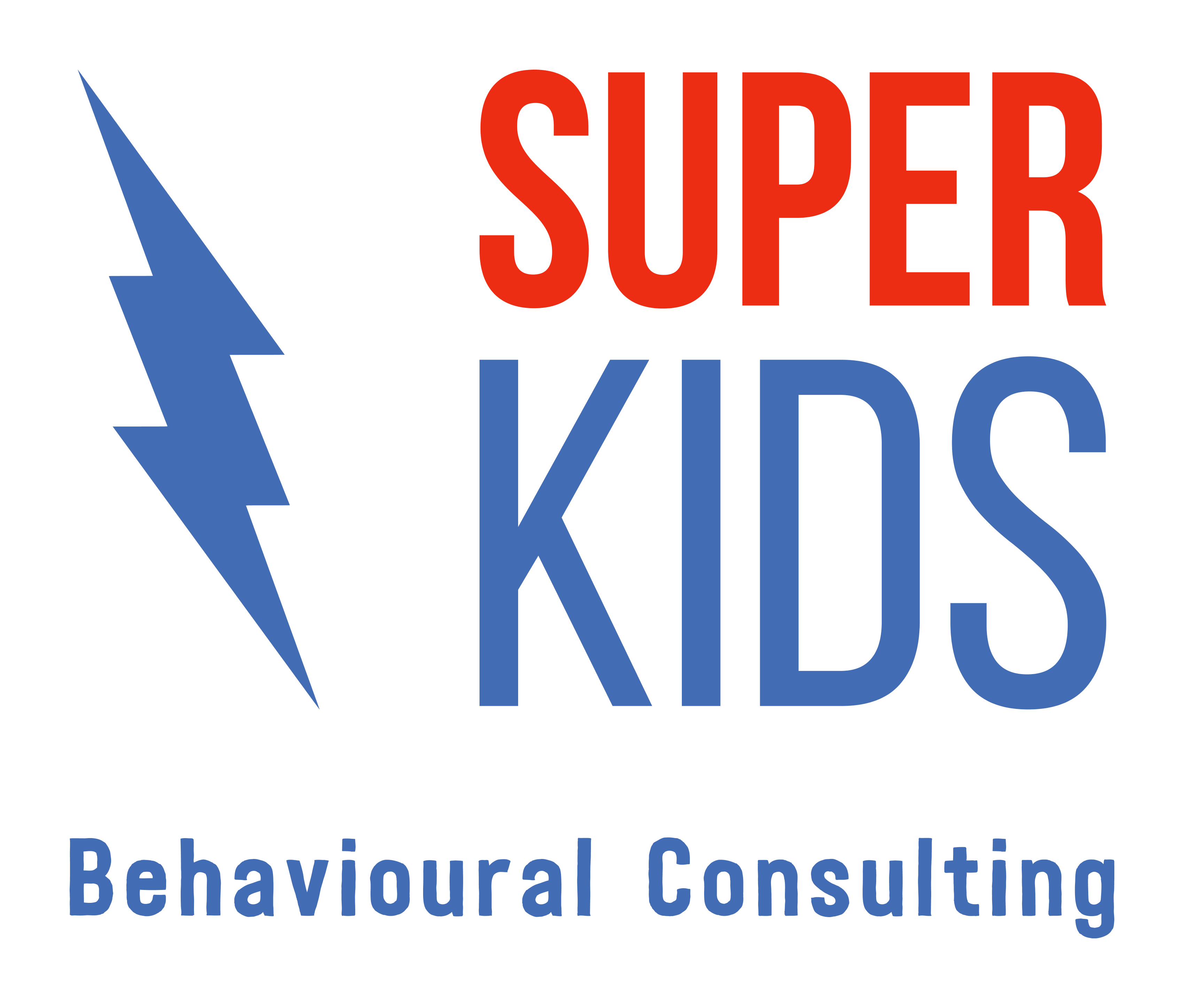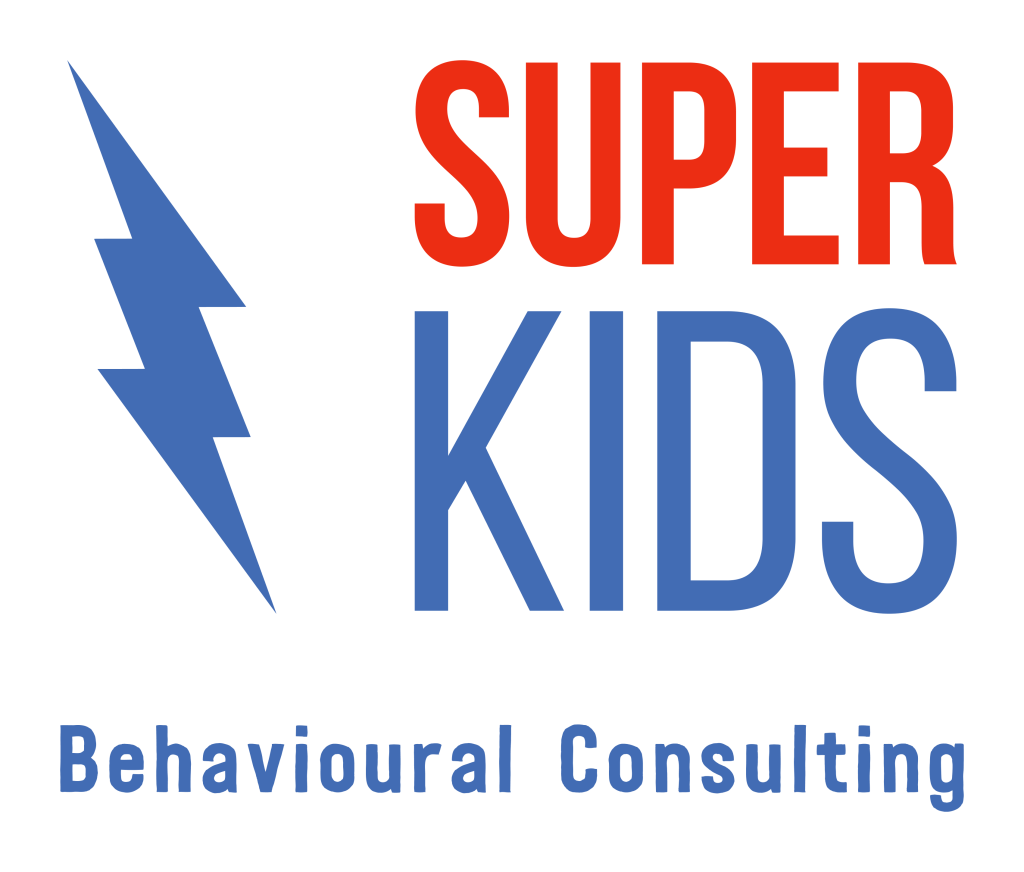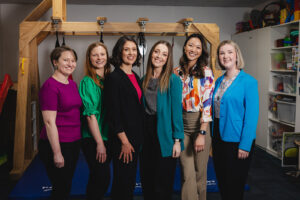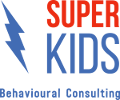What is “Today’s ABA” and what do we do at Super Kids?

Hayley Lambert
Clinical Team Leader & Behaviour Consultant
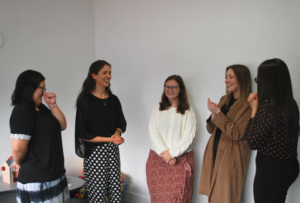
At Super Kids we have adopted a model of Applied Behavioural Analysis (ABA) service provision that many refer to as ‘Today’s ABA’. Similar models have also been referred to as ‘Compassionate ABA’, ‘Trauma-Informed ABA’ or ‘Values-Based ABA’.
But what actually is Today’s ABA? And how does it differ to other approaches?
Well, firstly, Today’s ABA still follows the science of Applied Behaviour Analysis and utilises evidence-based technologies that are backed up by research and scientific principles.
Behavioural data continues to be regularly collected and reviewed, to ensure that progress is made towards an individual’s goals. Many of the teaching procedures and principles remain the same. You will still hear us using jargon such as reinforcement, prompting and discriminative stimuli. The goal remains the same as it has always been: to help individuals work towards increasing skills and reducing interfering behaviours to work towards their
goals and improve their quality of life.
Dr Gregory Hanley coined the term “Today’s ABA” in September 2021, in an article and blog post, describing the methods which he and his colleagues research and implement to assist in the reduction of severe problem behaviour with autistic people. It describes a process which starts by listening to the individual and those who know them best and aims to understand behaviour before attempting to change it; which creates joy for the individual, however they experience it; a process that empowers the autistic person and seeks to reduce distress & discomfort throughout; which champions building a trusting relationship between clinicians and service recipients; in short, a process that is trauma-assumed.
However, Today’s ABA extends far beyond a technology for behaviour reduction. At every level and in every moment, it prioritises values over procedure – specifically, values of
safety, dignity, and rapport.
Every decision made is weighed against these 3 values, before considering the next highest priority – progress towards the learner’s goals. Those goals are individually selected for each learner, based up on their strengths & weaknesses, preferences, and wider life contexts – but there are some general guidelines. Super Kids prioritises teaching skills that are ‘Must-Haves’ for an individual to be happy and healthy – skills like:
- Communication & Self-Advocacy
- Toleration & Waiting
- Self-Care & Hygiene Behaviours
- Following Safety Instructions
- Sleep
- Eating
- Movement & Physical Activity
- Toilet Training
Today’s ABA champions the rights of the individual receiving services as the number one priority. In addition to experiencing a safe & dignified environment, and building positive relationships with those around them, Today’s ABA understands that every individual has the right to:
- Communicate their wants & needs (and have reasonable wants & needs met)
- Refuse or withdraw assent (including refusal to participate in therapy at all)
- Engage in activities they find joyful (no matter how ‘strange’ or ‘non-functional’ they may appear to others)
What you won’t find in Today’s ABA or at Super Kids:
- ignoring or ‘working through’ distress
- forced eye contact
- forced compliance
- aims to eliminate self-stimulatory behaviour (aka ‘stims’)
- attempts to ‘cure’ or ‘treat’ autistic traits or ‘normalise’ neurodivergent individuals
In the past, ABA has – quite rightly – come under intense criticism, particularly from autistic and neurodivergent advocates. Today’s ABA endeavours to listen to this feedback, to adapt and to continue listening and adapting. We must have the humility to accept when we have made mistakes. When we know better, we do better.
Super Kids acknowledges each individual’s personal preference to use identity-first or person-first language to describe themselves or their loved one. We interchangeably use both language conventions and therefore refer to both Autistic children and children with Autism.
